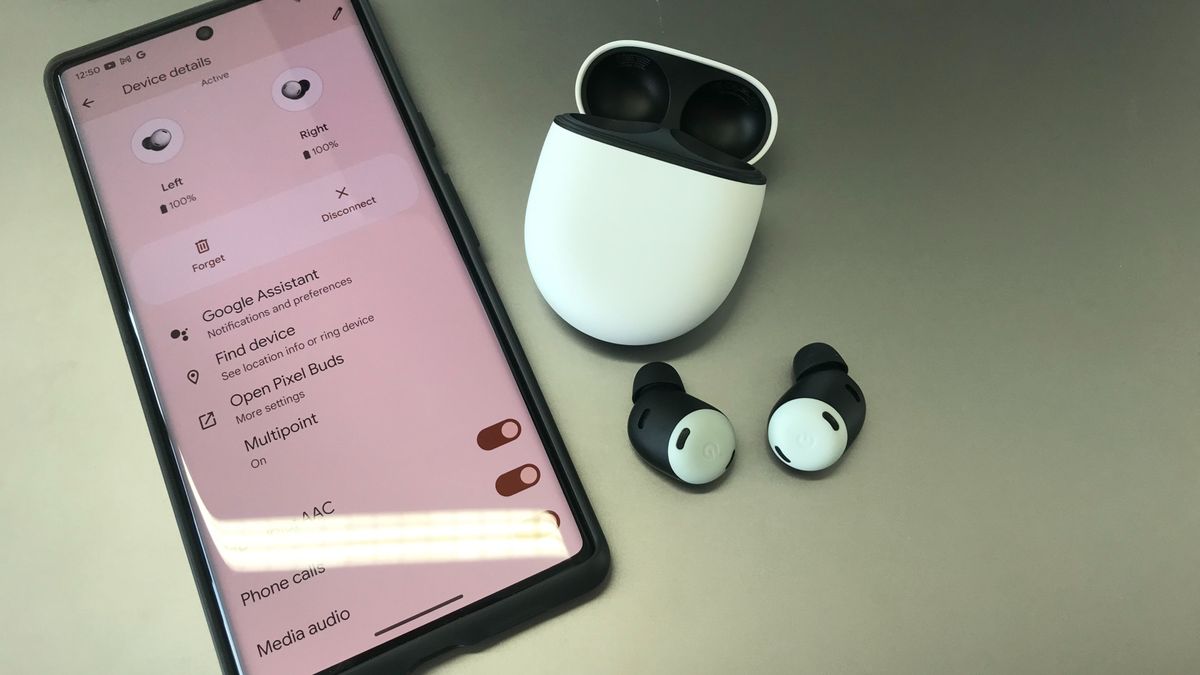Top IP Considerations for Cloud Gaming in 2023

New ways to utilize the internet for fun and leisure have skyrocketed recently. ChatGPT allows people to ask everyday questions and draft novels to their liking thorough AI, and the metaverse is constantly developing new ways to interact with each other in virtual worlds. With these new frontiers in the spotlight, it is important for companies to also consider the current remarkable technology being updated and used by millions of consumers that goes hand in hand with these new mediums. Cloud gaming is a technology that allows users to play video games on remote servers and stream the gameplay to their devices, also called gaming-as-a service. This technology, along with AI and the metaverse, has the potential to revolutionize the media industry by making interactive games and live brand collaborations more accessible and convenient for users.
Cloud gaming is already one of the biggest gaming sectors. Just on Xbox’s cloud gaming program alone, Xbox Cloud gaming, more than 20 million consumers have used the service to stream games. NewZOO estimates the cloud gaming market as worth 1.57 billion dollars. With improvement in cloud gaming technology and home internet speeds, cloud gaming is likely to become more accessible to consumers and companies everywhere. However, the rapid expansion of cloud gaming also raises a number of legal issues related to copyright, patents, and data protection that companies should keep an eye on.
One of the main legal issues related to cloud gaming is copyright. Video games, in both physical and digital form, are illegal to reproduce or distribute without the permission of the copyright owner. Cloud gaming companies need to obtain licenses from the copyright owners of the games they offer in order to legally provide the games to users. For cloud gaming services that exist outside of gaming development studies, this process can be complex, requiring negotiating with multiple copyright owners and ensuring compliance with the terms of the licenses. This becomes particularly tricky with cross-border access to cloud gaming servers, as copyright rights are highly dependent on the jurisdiction the work was created in. Consumers are also impacted by the transition from owning games to cloud gaming services, as a consumer using cloud gaming no longer owns a video game being played, and cannot resell or alter the game to their liking per terms and conditions and the first-sale copyright doctrine.
The technology behind cloud gaming is also available for patent protection. One of the first patents on cloud gaming technology was for “Sharing a graphical processing unit between a plurality of programs” obtained by T5 LABS LTD in 2012, and is still in force for relaying gaming data to mobile devices. (U.S. Patent No. US20120075317A1). But companies continue to innovate. Sony recently filed for a patent to update its cloud gaming service by implementing adaptive graphics into the network for a more seamless gaming experience by adjusting the graphic quality of the game while playing. (U.S. Patent App. No. US2021146240A1). Sony has also filed for a patent to make cloud gaming more accessible through a “Netflix-like” service. (U.S. Patent App. No. US20220401834). These inventions build on a major benefit of cloud gaming—a gamer not having to purchase pricey hardware in order to play games—while protecting rights in new technologies to access the games.
Another recent legal issue related to cloud gaming is data protection. Cloud gaming companies collect and store a large amount of personal data from users, including their gaming preferences, purchase history, and personal information. Cloud gaming also frequently utilizes cell phones for streaming, which now have access to users’ biometric data to log into accounts and applications. Data protection with new technology has been ripe for litigation over the last decade. For example, Meta, Twitter, YouTube Clearview AI, and Venmo were sued for allegedly mishandling the facial recognition consumer data uploaded to the cloud in Illinois (settled in 2022). (ACLU v. Clearview AI, IL No. 2020-CH-4353 (Cir. Ct. Cook County Sept. 25, 2020)). As cloud gaming providers are responsible for storing and transmitting content, as well as hosting and managing remote servers, they must take steps to ensure that they remain compliant with copyright and privacy laws. Games accessible by the cloud have fallen victim to data leak attacks recently, like Activision, publisher of Call of Duty and other blockbuster games, confirming that they were attacked in December 2022. The attempted attack targeted employee data, game code, and player data. The nature of cloud gaming constantly streaming to the user can open up consumers and businesses for attacks on the large amount of data flow between consumer and server.
In conclusion, cloud gaming is an “old” technology in comparison to the new spotlights, but still has the potential to revolutionize the media industry and create opportunities and problems for businesses. Gaming, technology, and brand companies need to be aware of these issues and take appropriate measures to ensure compliance with the relevant laws and regulations and to properly protect new inventions.







